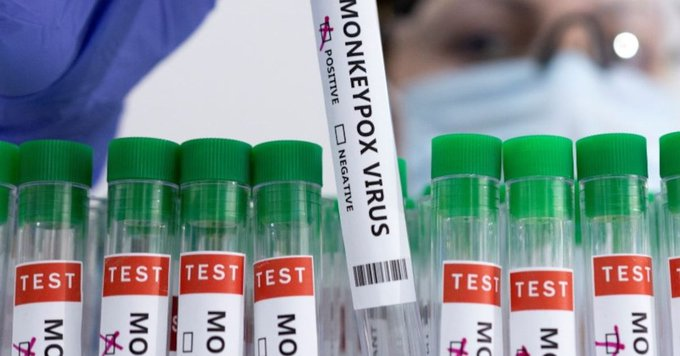Should India Be Concerned About Growing Mpox Cases? Experts Weigh In

New Delhi: In response to the World Health Organization (WHO) declaring Mpox, formerly known as monkeypox, a public health emergency of international concern, Indian health officials have reassured that the risk of a significant uptick in cases within the country remains very low. The last reported case of monkeypox in India occurred in Kerala in March 2024.

Since 2022, India has reported 30 laboratory-confirmed cases of monkeypox. In light of the WHO’s recent announcement, the health ministry is considering notifying key points of entry, such as airports and seaports, to be vigilant and adhere to guidelines for managing suspected cases, including isolation and treatment.
Union Health Minister J.P. Nadda is expected to convene a meeting with officials from the Ministry of Health, the National Centre for Disease Control (NCDC), and the Indian Council of Medical Research (ICMR) on Saturday to discuss the situation.
The WHO has labeled the recent surge in Mpox cases in the Democratic Republic of the Congo (DRC) and other African countries as a public health emergency under the International Health Regulations (2005). This marks the second time Mpox has been designated as such. The disease, a viral zoonosis transmitted from animals to humans, shares symptoms with smallpox but is typically less severe.
Symptoms of Mpox include fever, rash, and swollen lymph nodes, often leading to a range of medical complications. The disease generally resolves within two to four weeks. Human-to-human transmission occurs primarily through large respiratory droplets during prolonged close contact and can also spread through direct contact with body fluids or lesions.
Historically, the case fatality rate for Mpox has ranged up to 11%, particularly among children, though recent rates have been between 3% and 6%. The disease’s characteristic lesions typically appear within one to three days after fever onset and can be painful, transitioning to itching during the healing phase.
The WHO’s previous declaration of a Public Health Emergency of International Concern (PHEIC) in July 2022, due to a global outbreak primarily spread through sexual contact, was lifted in May 2023 after a significant decline in cases.






